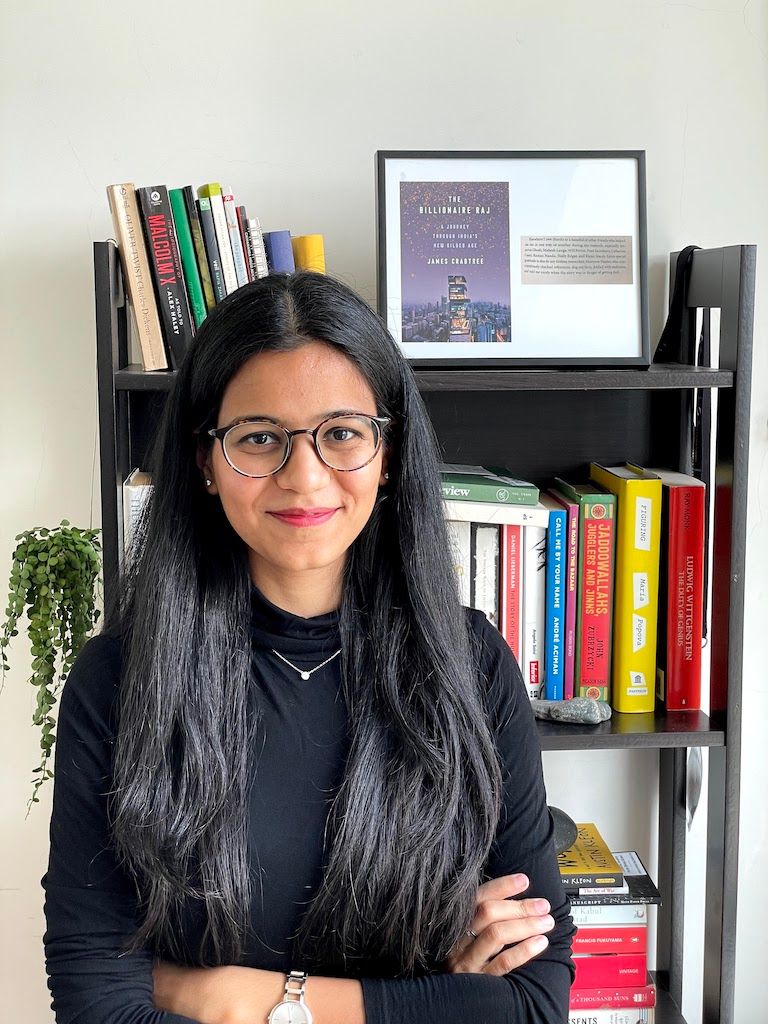Going beyond the title and job description
In 2019, I wrote a piece for Livemint, where I talked about the 'resume reduction technique', an idea that at the time helped me make a career move. In that article, I wrote about my struggle towards finding the perfect job and getting over the challenges of not knowing what to do. The simple method was to evade the pitfalls of a gullible 20-something person's understanding of the world.
Two months shy of turning 31, I decided to relook at the way my professional career has shaped me. As I sat down pondering over this thought, the idea of putting a bullet list together, seemed superfluous. Even if I filled a page highlighting my skills, I could never do justice to the person I've become from the time I started working full-time.
For millennials like me, the question of the 'perfect' job has often been rather treacherous. We are the young, who have often chosen the best paths laid down as precursors of success, much often to be disappointed at some stage. When the definition of success becomes personalised, all the cut-offs, colleges, and degrees, seem like blank reams of paper, that we need to write our definitions of success on.
As I near my longest stint at a company (3 years to be precise), I look back at the diversity of roles I've had the fortune to dabble in, but rarely had the chance to introspect deeper. It almost seemed like my profile / designation summed up what I did / learnt at the job. The truth couldn't be farther away from that.
In my roles as a researcher, security analyst, journalist, program associate, account manager, teaching assistant, etc., the learning trajectories have often gone beyond the bullet points offered in a job description. As I return from my sabbatical, redesigning my profile in the communications, writing and literary arts space, looking back at my past jobs is step one towards evolving as a mid-career professional.
The following three points are a summation of the walk down the career memory lane, my findings reveal that the qualities that can offer one the confidence to move ahead, emerge from being keenly self aware of what motivates us day to day.
- Recognising the skills that you carry through jobs - One of my core skills across all my jobs has been qualitative research and editing. I began my career as a political / travel security researcher, and the muscle continues to build as I work on different kinds of projects now. It's a skill born out of curiosity and necessity. I get excited by the prospects of going deeper in order to understand a problem, know its roots, branches the full ecosystem, follow threads that eventually connect the dots and enhance my understanding of a topic. As my roles transformed over the years, being a strong researcher and editor, has helped me become a problem-solver. When going through a media article, interview, or having a conversation with a client, having done my research and edited out the unnecessary words, keep me focused and help me get to the root of the problem, effectively finding the solution sooner.
- Challenging yourself with one small task every day at work - There was a period in my twenties where I struggled with saying no in my professional / social circles. There was too much time spent on contemplating the potential outcomes of saying no, that I would end up saying yes. This inevitably led me doing more work than I could handle, or the kind of work that I did not want to do. Eventually I devised a small trick. Everyday, I decided to say no, at work or personal relationships. The outcome being that within two months of that practice, I had the courage to call it quits and be at peace with my decision. Saying no to a job which at the time, a lot of people said to stick to, offered me more confidence and conviction than anything else until then had.
- Looking past the title of the job - During my graduate studies, every semester break was reserved for jobs, fellowships, internships applications and corresponding cover letters. At some point, I lost count of them. But one thing that was an early indicator of whether or not I would apply would always be the job title. The reality is quite different. A designation or title can never possibly cover the gamut of experiences / challenges / opportunities that a job can offer. In a particularly interesting job conversation at an international feminist NGO, I remember asking, "Will I get the chance to work next to media and comms team (the position I was being offered was in research and publications)?" The answer was descriptive and really helped me finally make the call on the job offer.
What you truly learn at the job that you choose to learn from, can go far beyond the JD. Beyond the skill-set, your learnings lie in how you rise to an occasion speaking to a client when your senior member might not be available, how you recognise that a fellow colleague might need a bit of more support (emotional or work-related), how you choose to pause, how you help younger colleagues take charge, etc.
As I re-align my motivations to spend time and attention towards projects that matter, this one write-up is a peace offering to my 21-year old self, on the cusp of beginning her career, to breathe in the unknown and learn the skills not mentioned on the job-description.
Mariyam Haider is a researcher-writer, spoken word artist and media professional based in Singapore. She has worked with authors James Crabtree and Suchitra Vijayan on their non-fiction bestsellers. A journalist by training, Mariyam is the producer and host of ‘Main Bhi Muslim’ podcast and her writings have been published in Asian Review of Books, Centre for Feminist Foreign Policy, Livemint among others.

